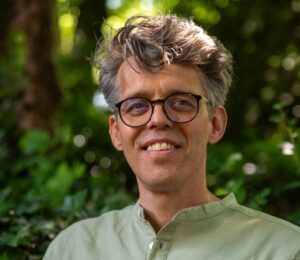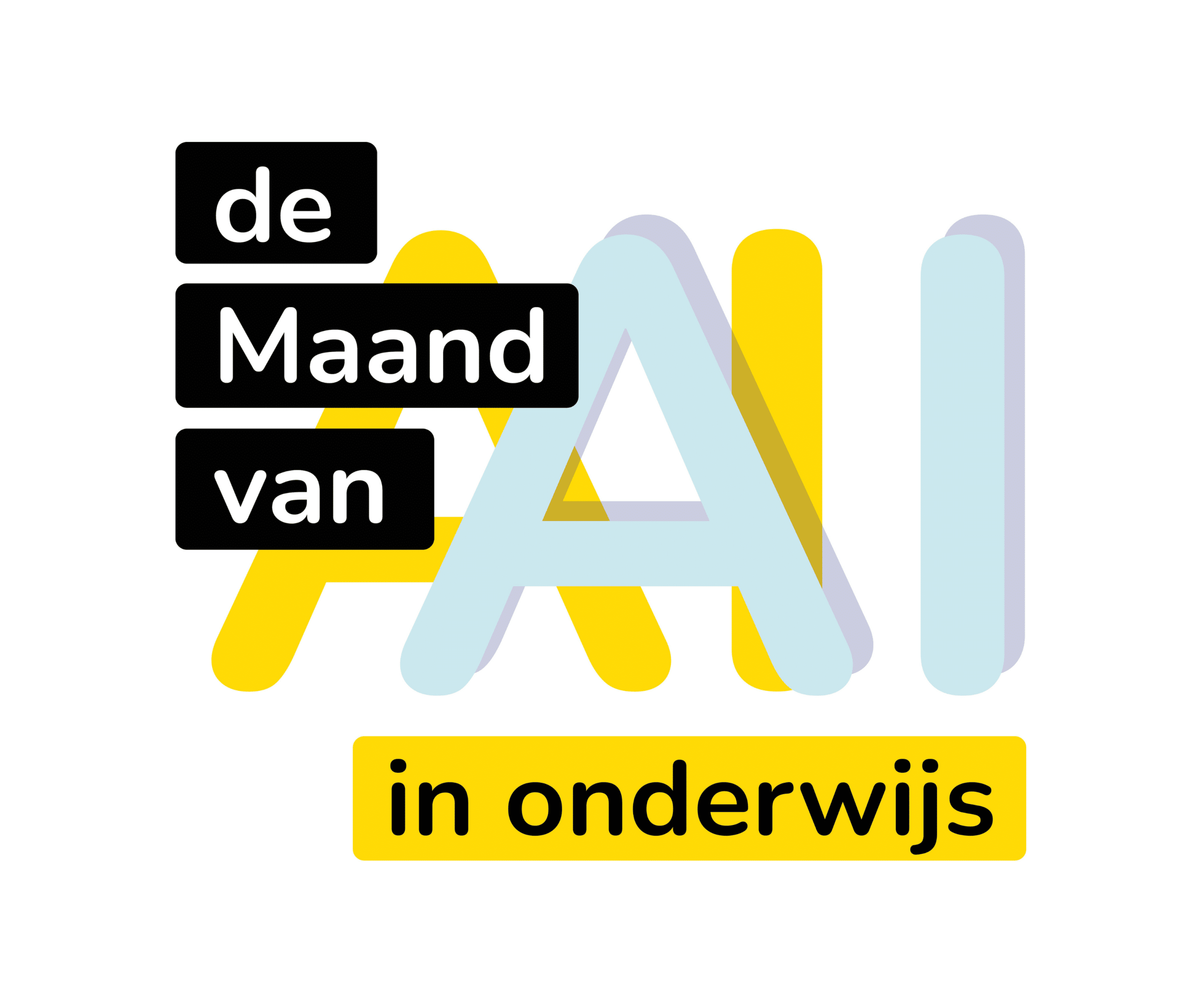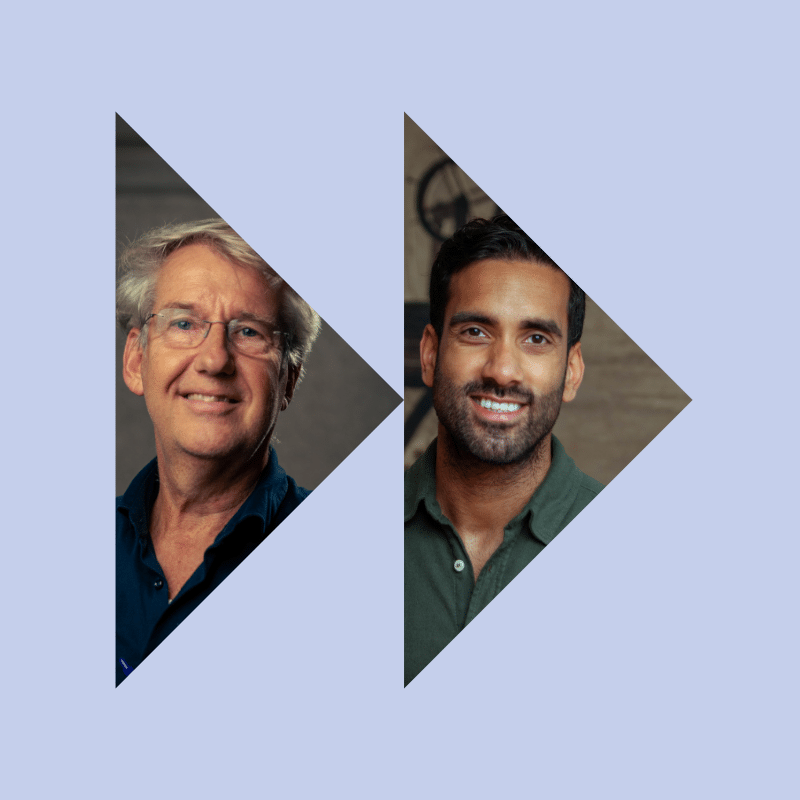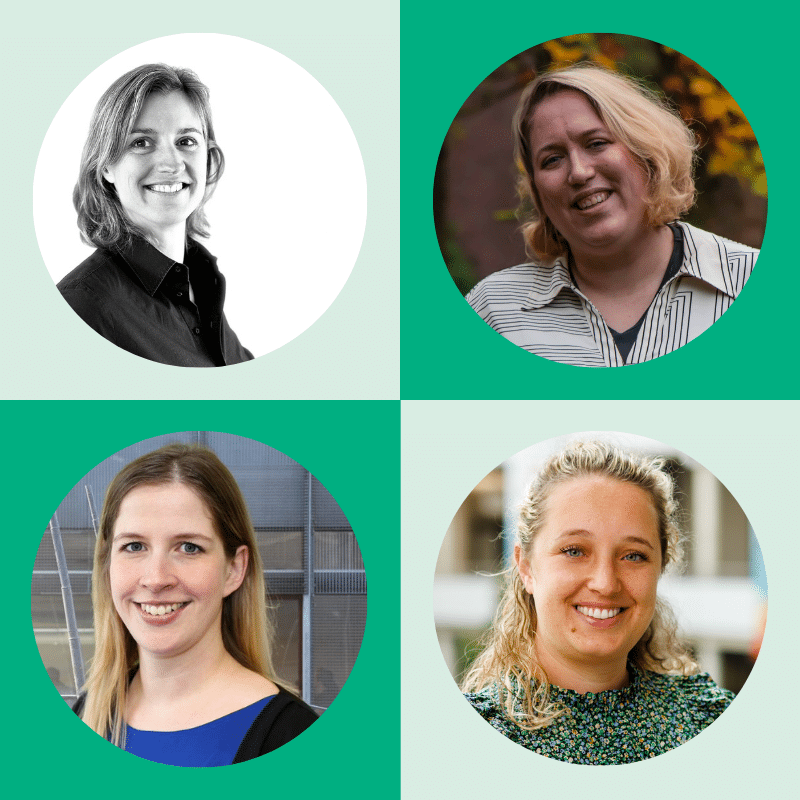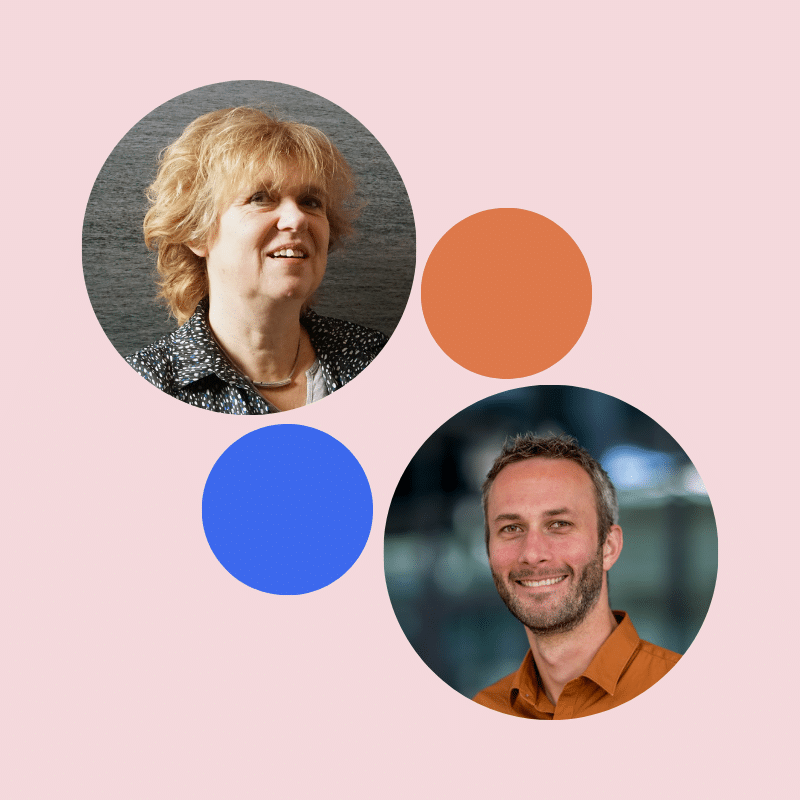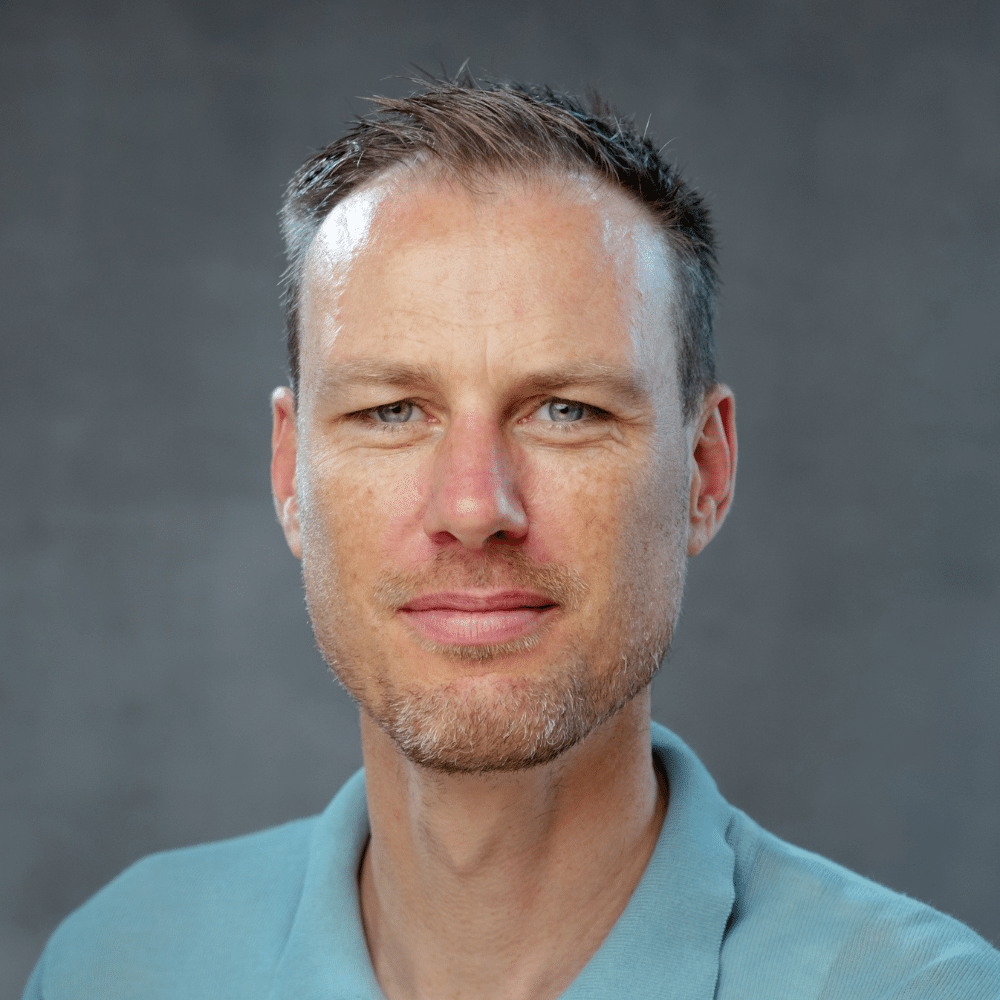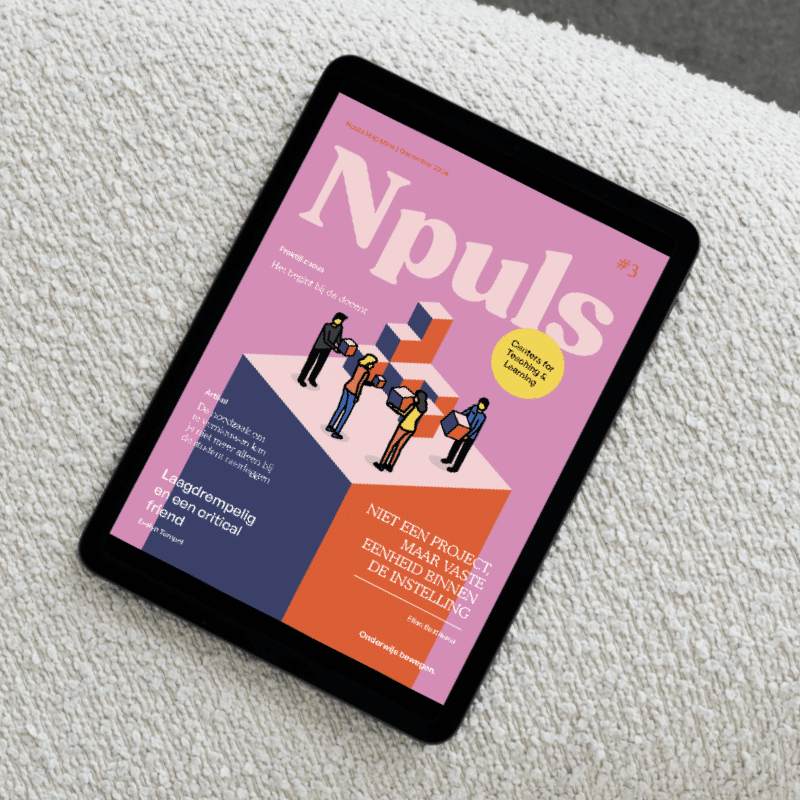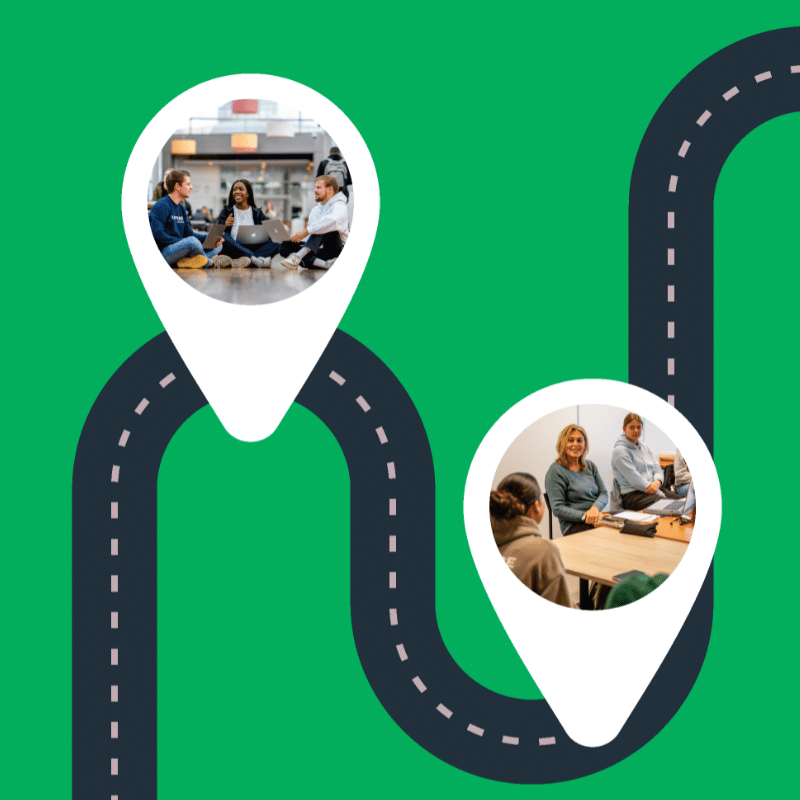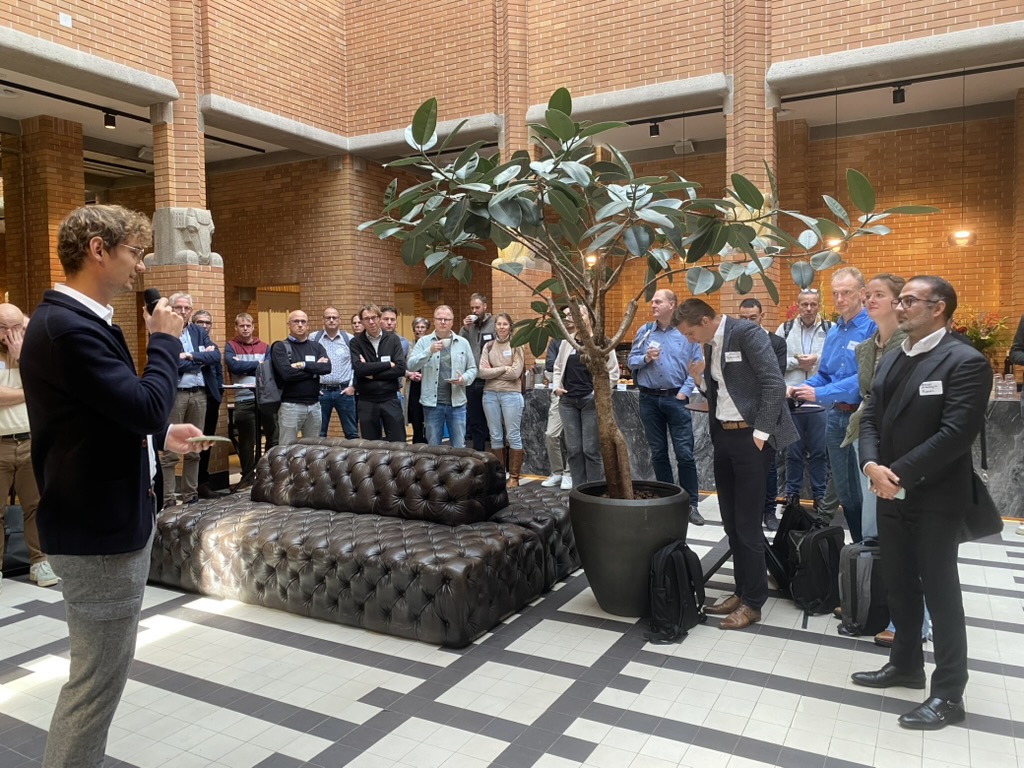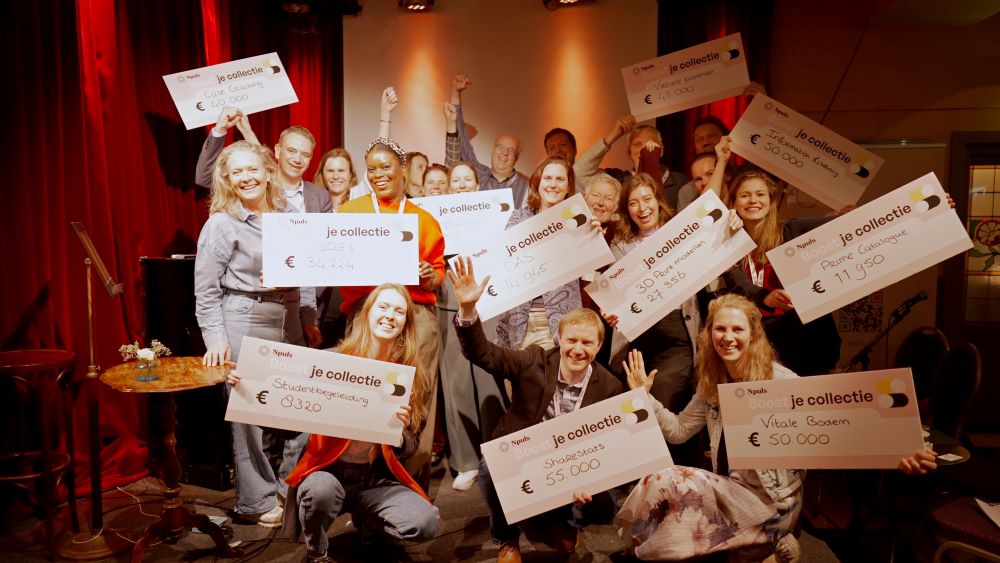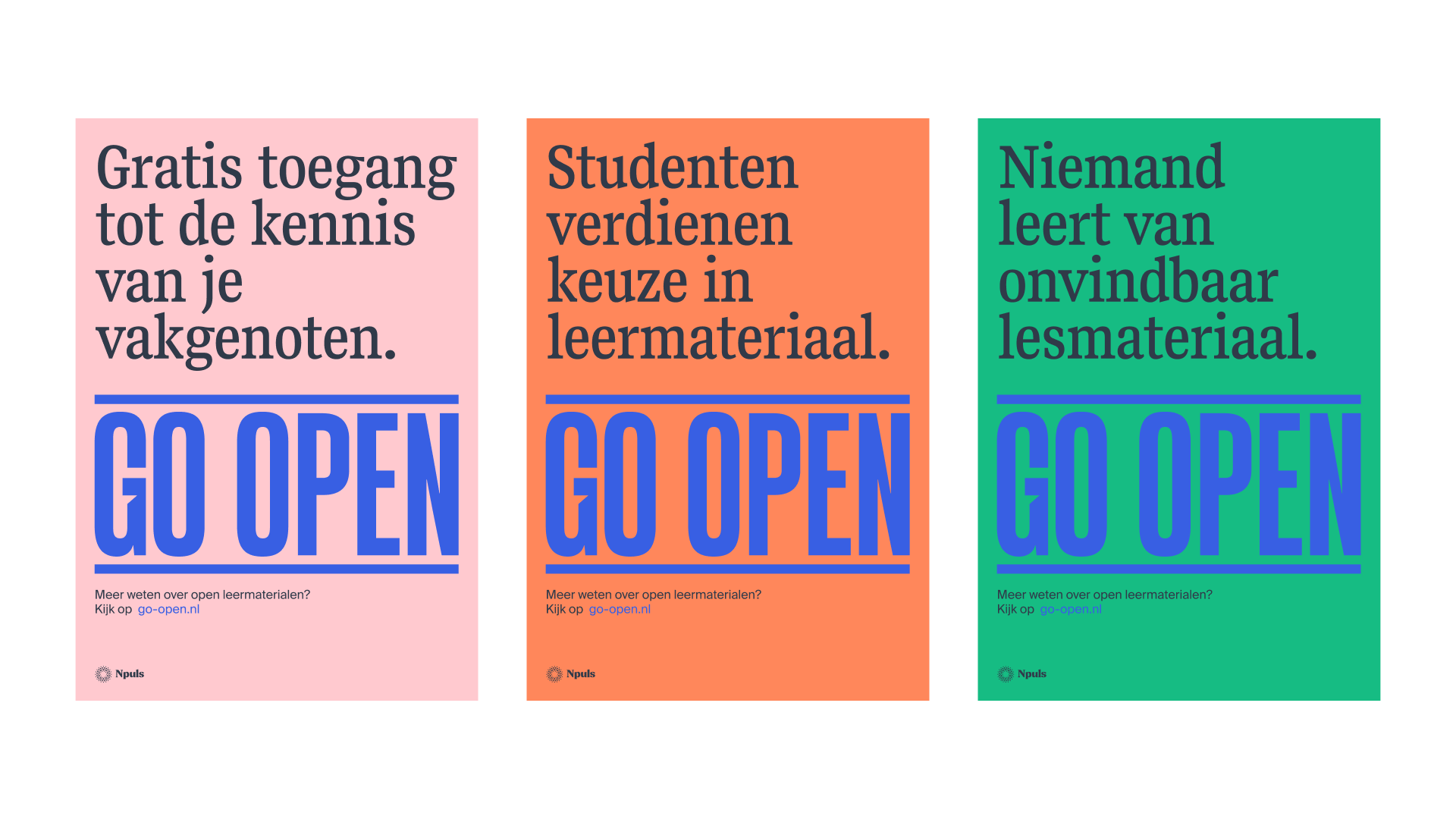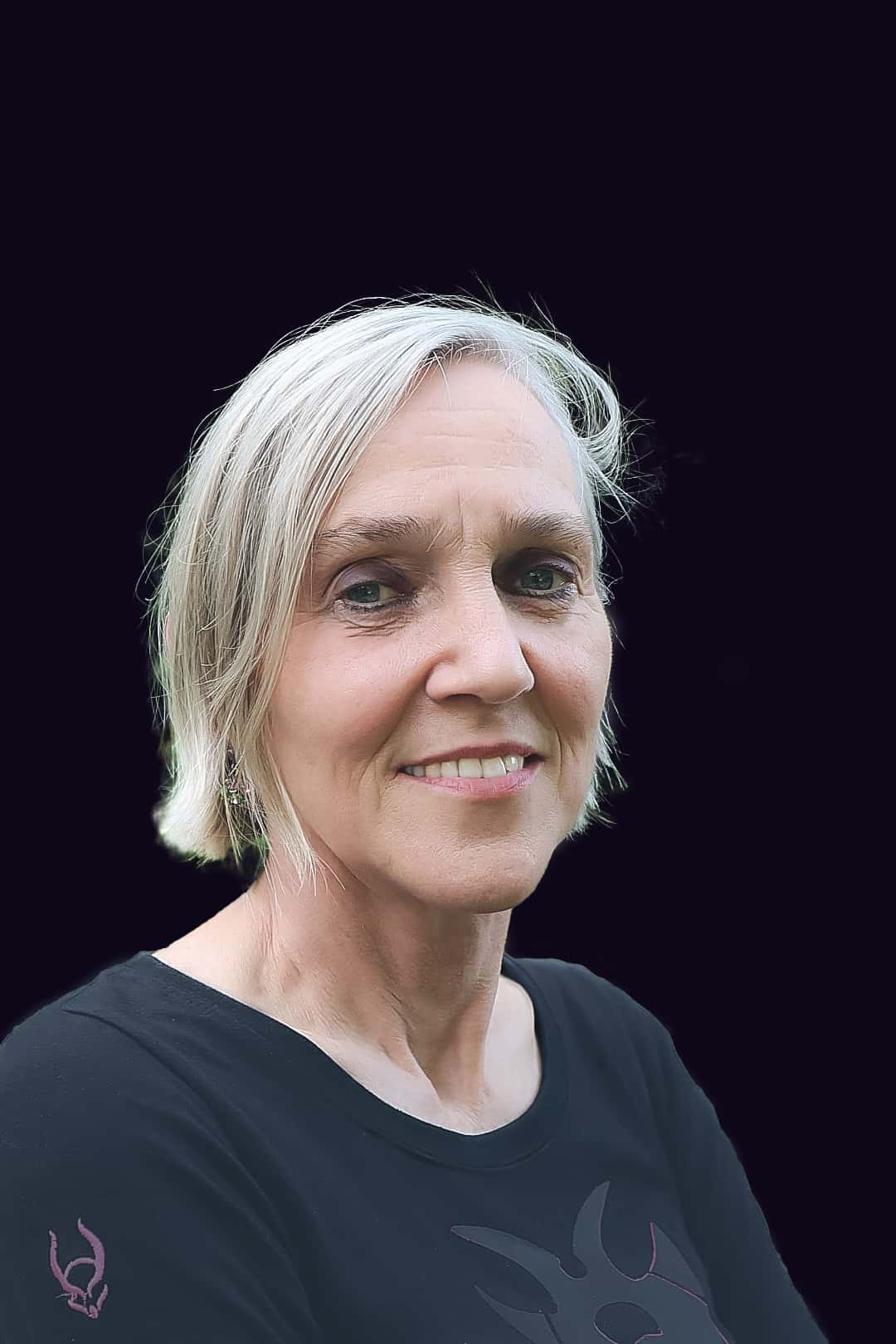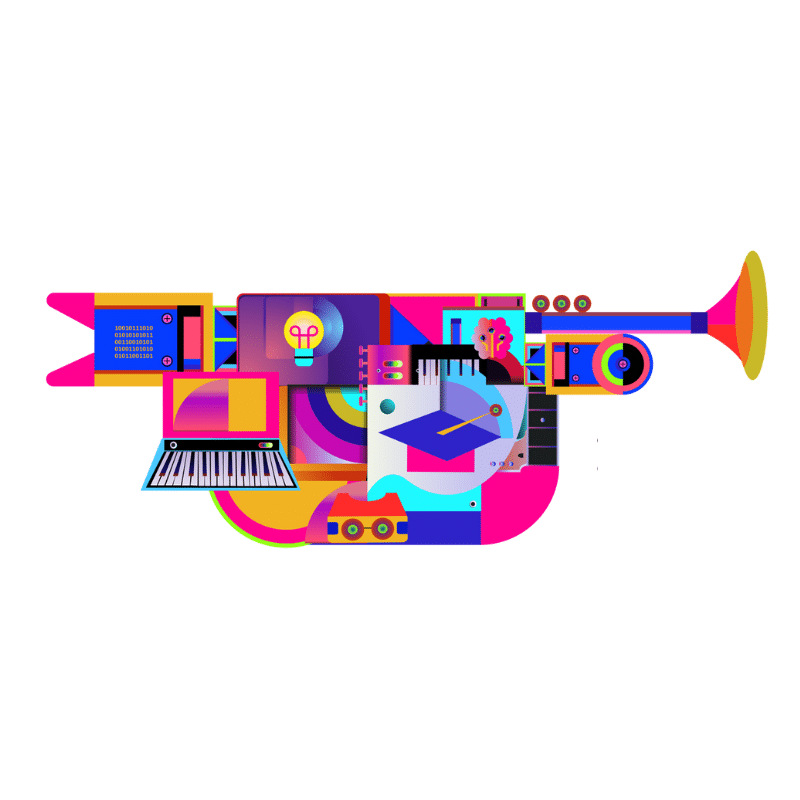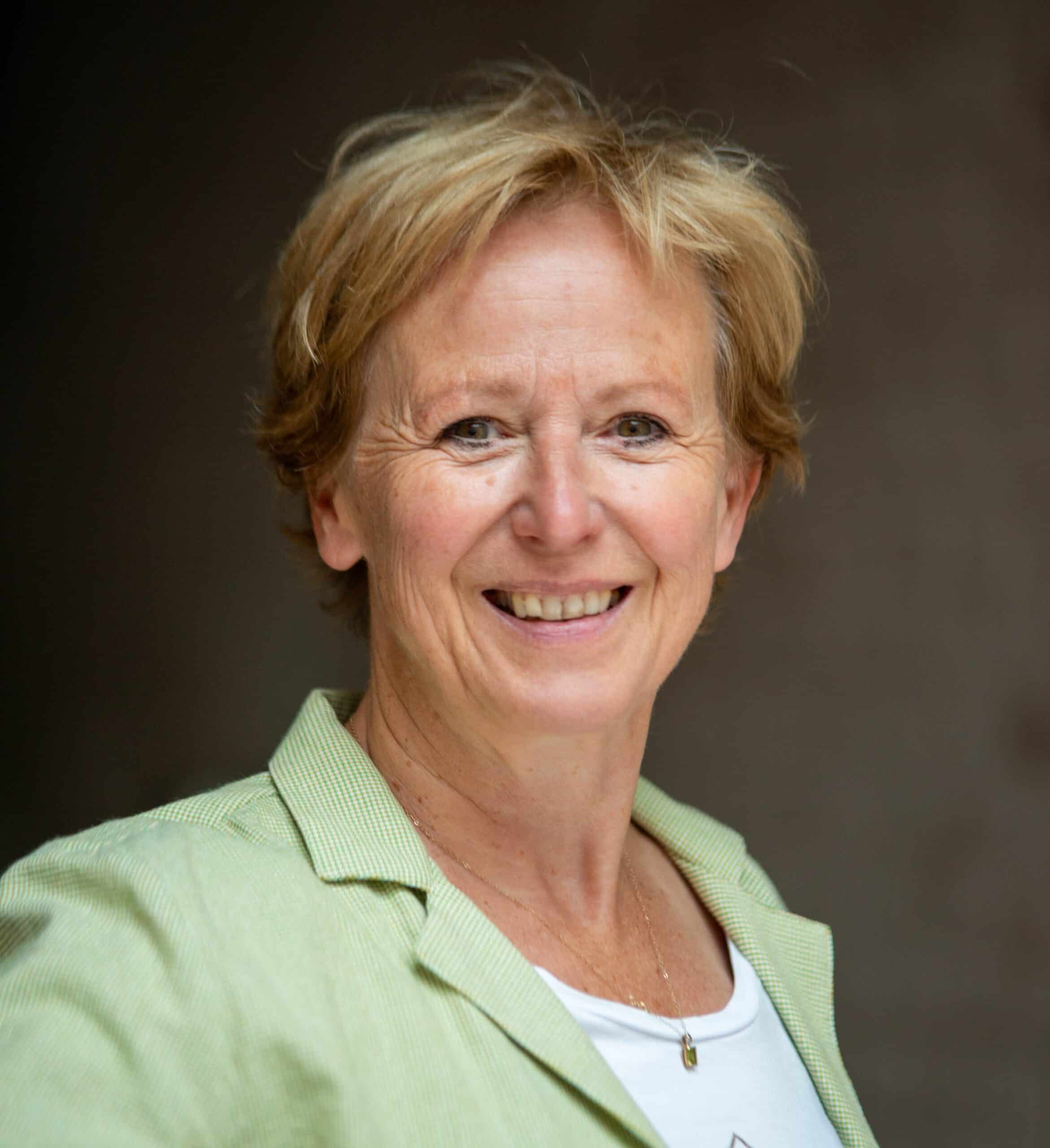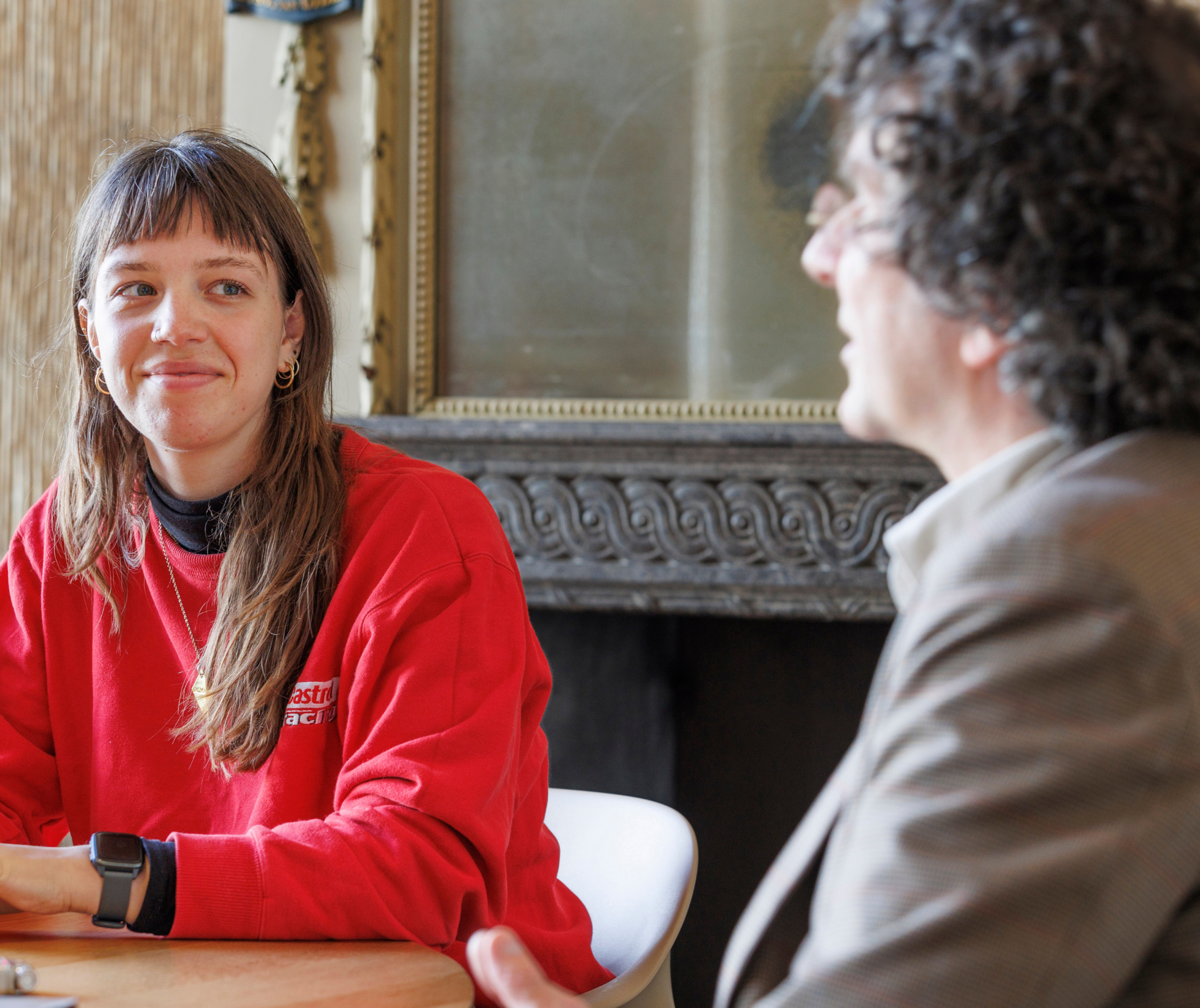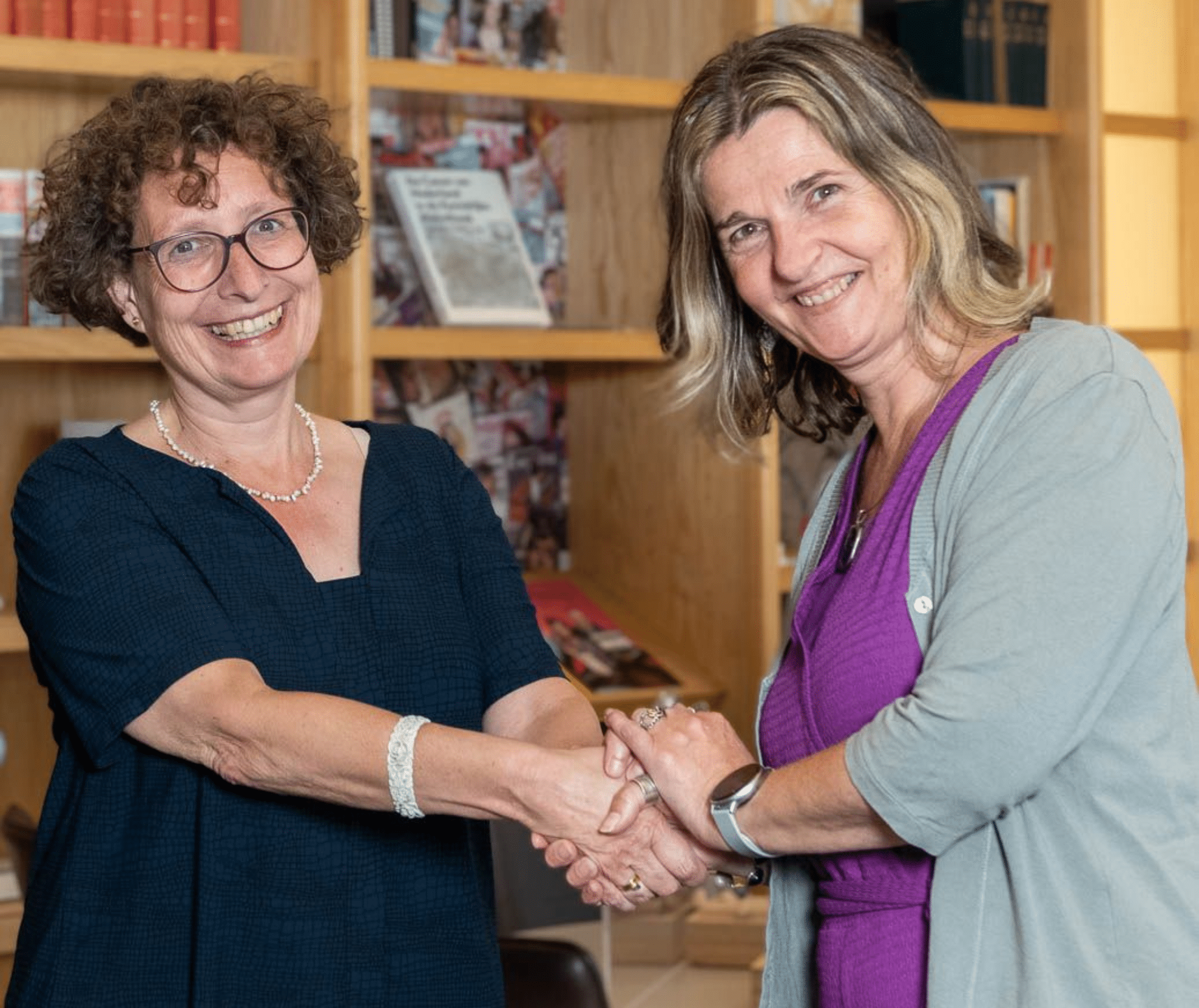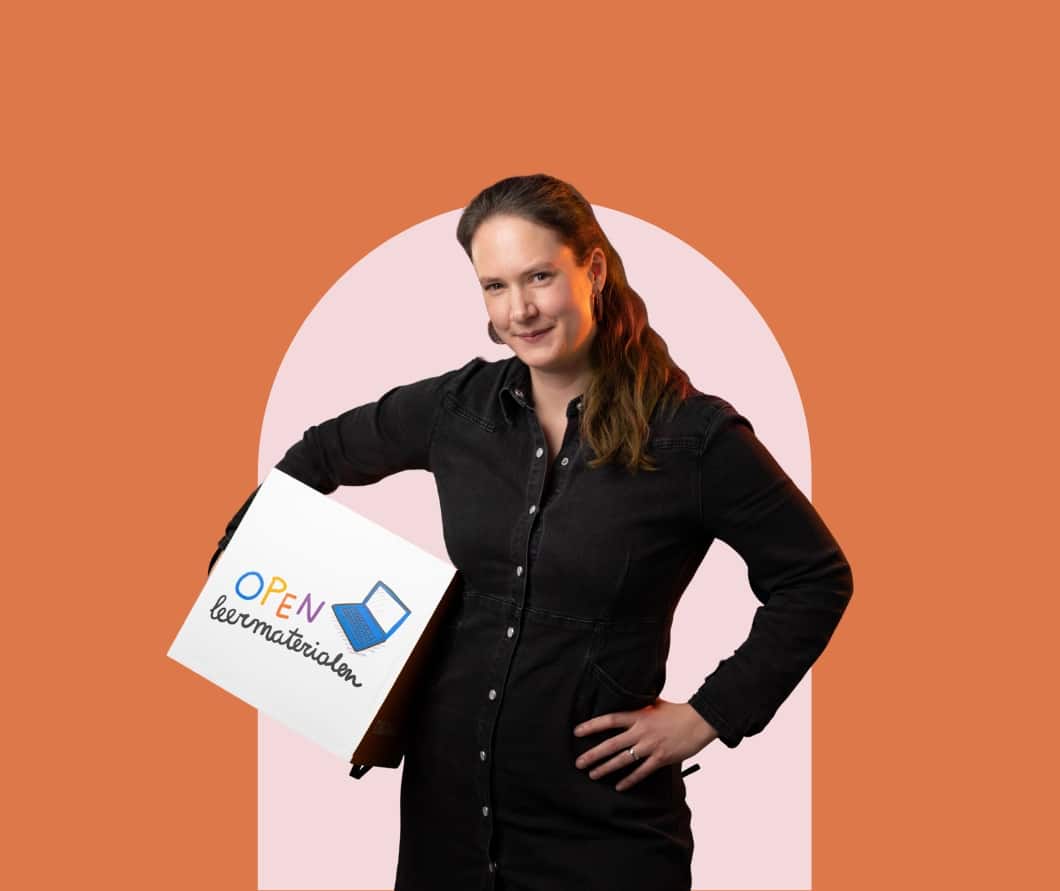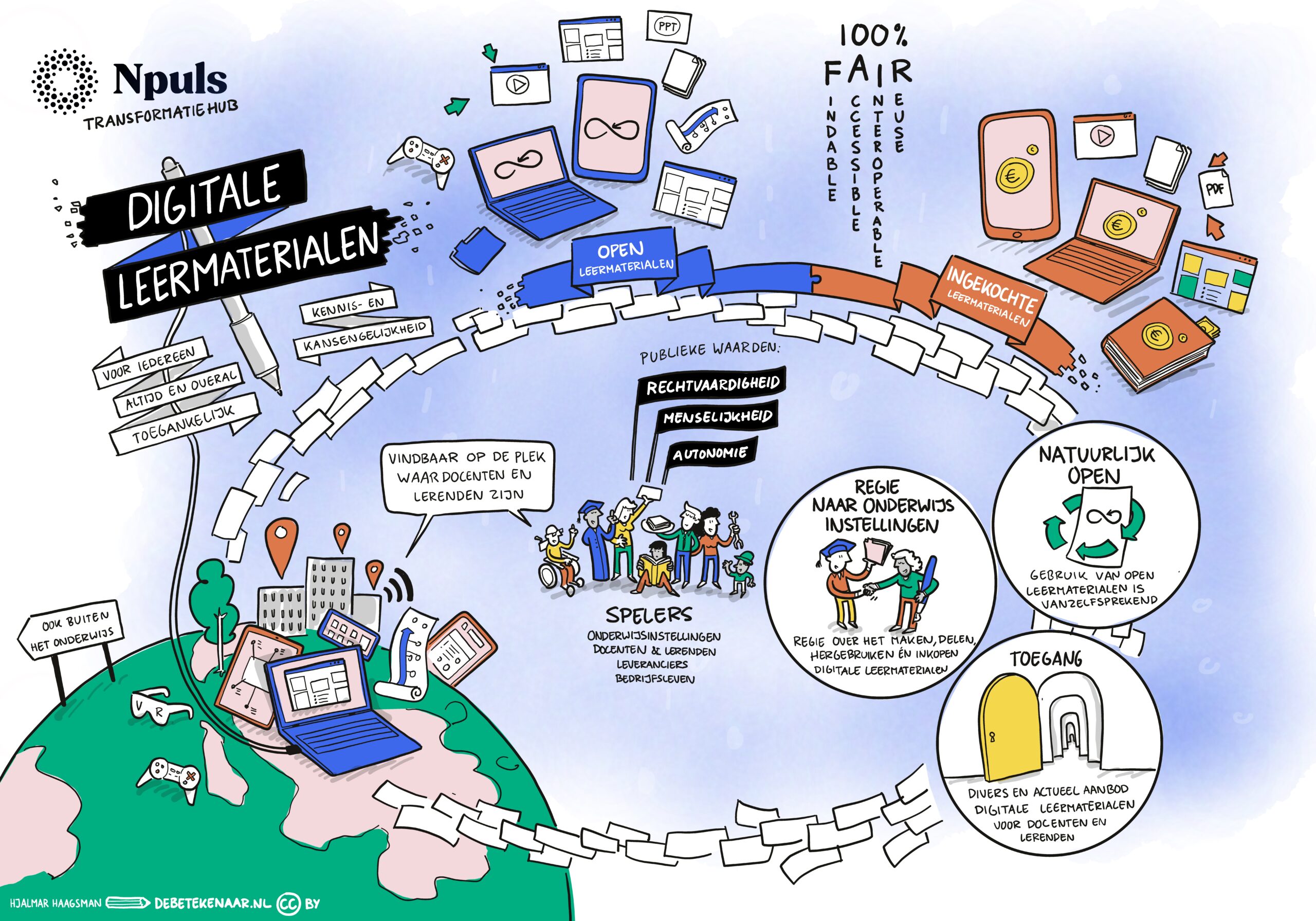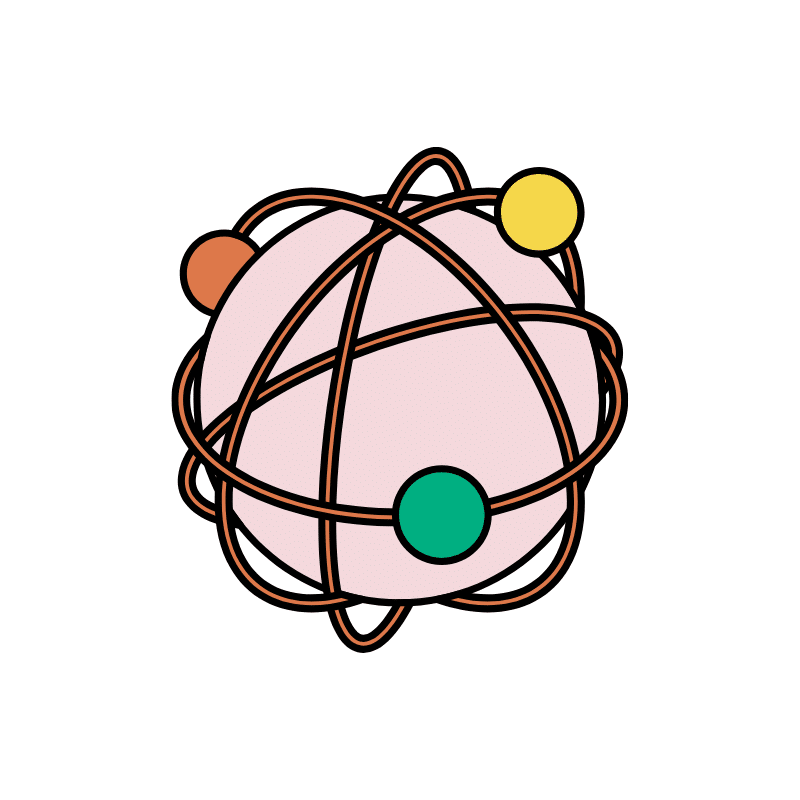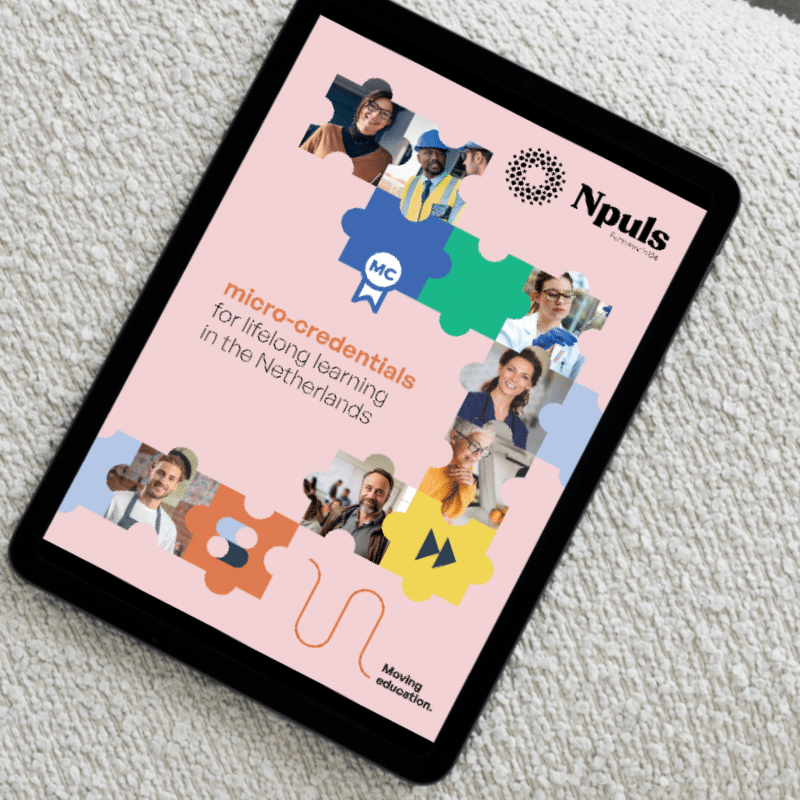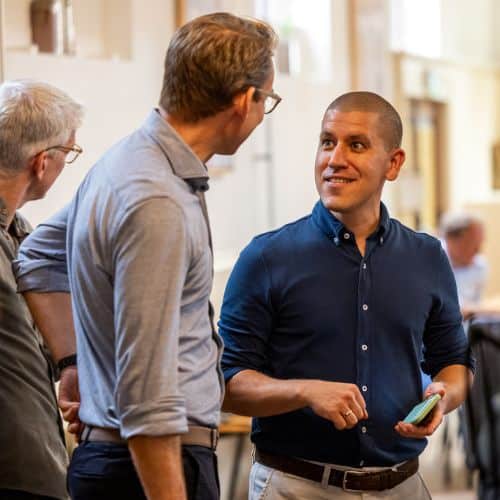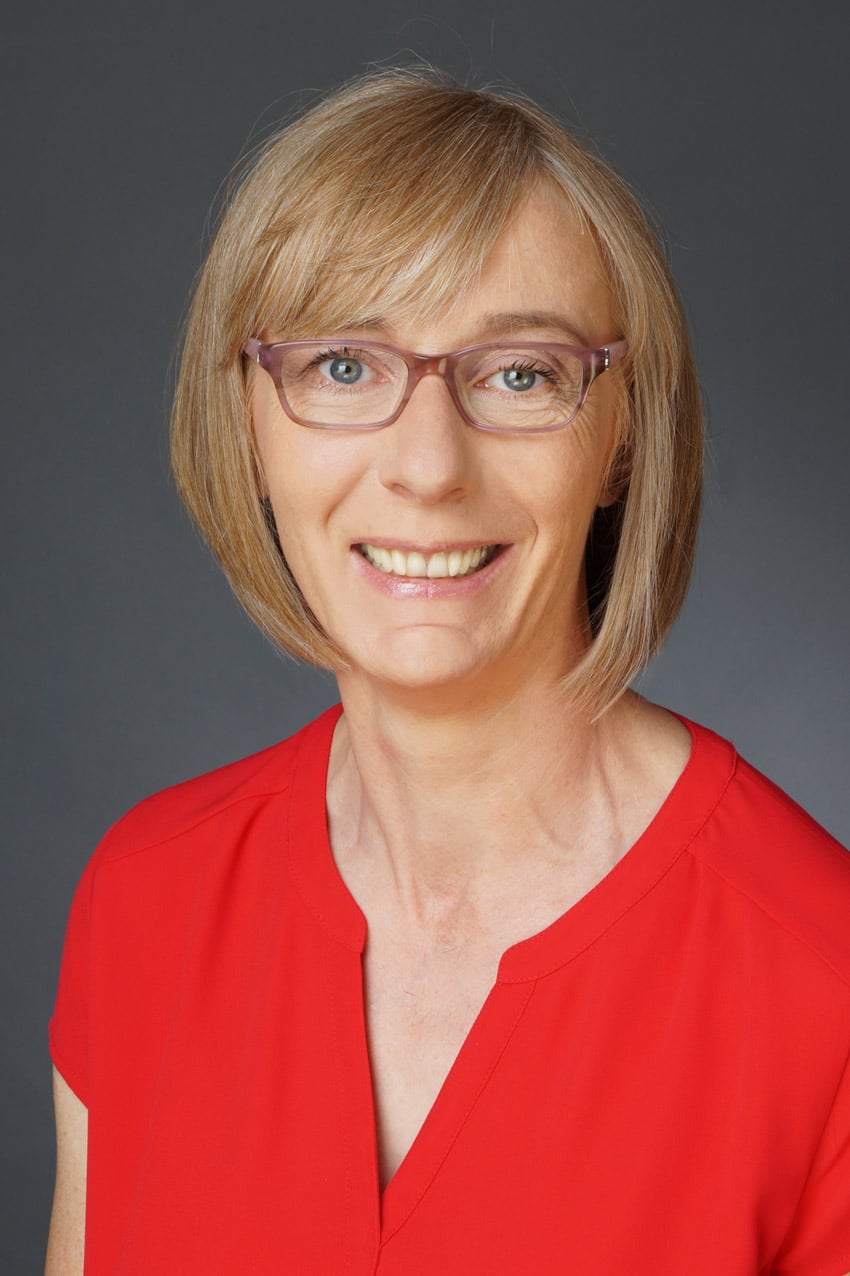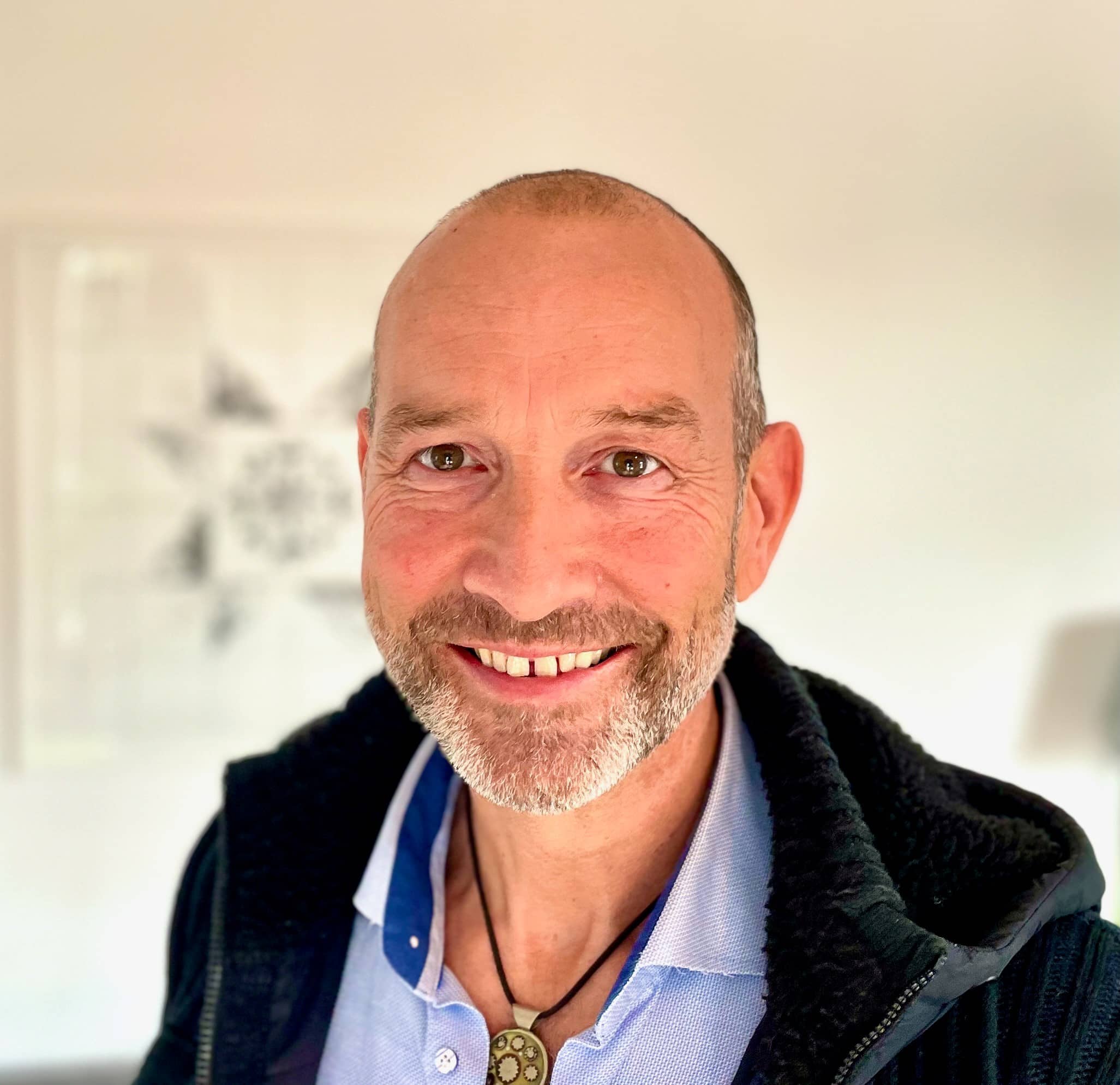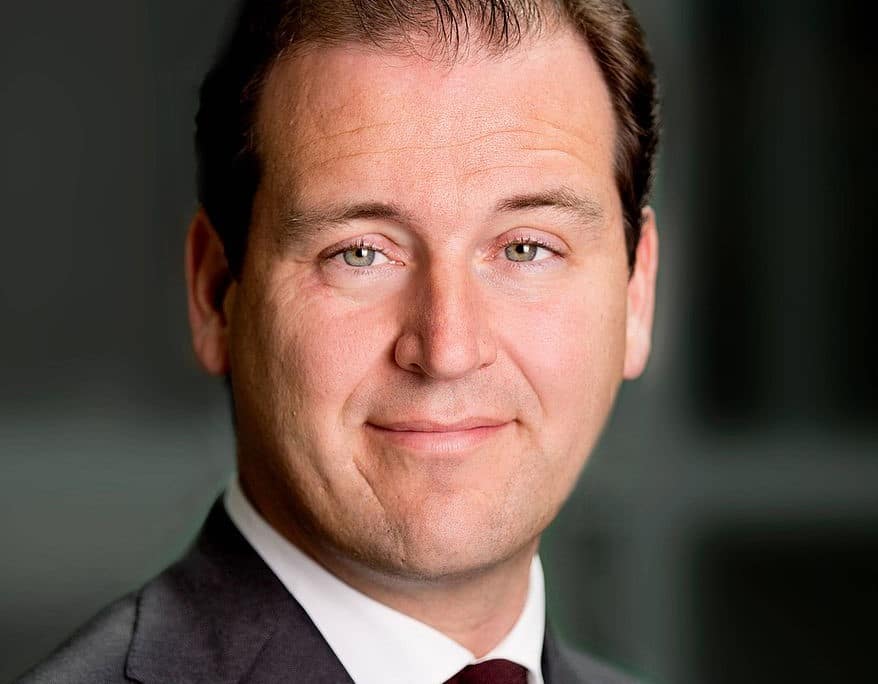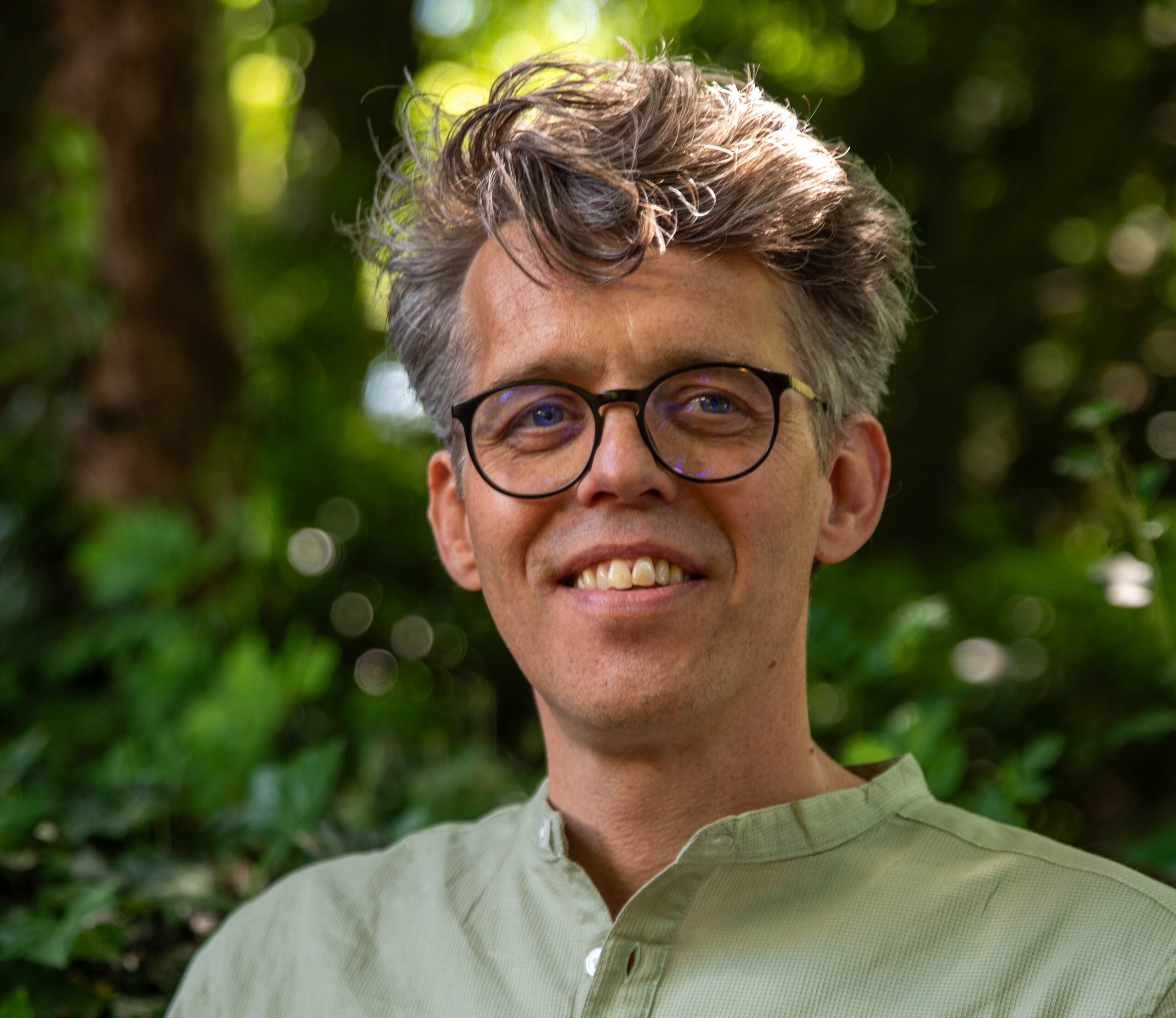
Key teams, steering groups and arrangements
Because that’s when it starts. How do you actually do that, transform education? At Npuls, we now have an extensive vocabulary and tool list for that: key teams, steering committee, incentive schemes, sector facilities and perspectives, BOPSI consultants, Think Tanks, sociocracy and design thinking. A thoughtful apparatus is being put in place to kick-start that transformation and ensure lasting change in education.
Yet all this transformation violence – because to the outsider it is sometimes overwhelming too – is no guarantee of success. You can build a well-oiled machine, but it only works when someone turns it on and adds fuel. Otherwise, there will be no movement. Indeed, such a machine can even hold up or thwart change.
Sand storage with visiting facilities
I was reminded of this when I read A World of Communities by city maker Floor Ziegler and Teun Gautier. In a way, this book is also about transformation: building communities in neighbourhoods where a social fabric is missing. It shows that change starts on the streets. By keeping your ears and eyes open and engaging with people. By really listening and finding creative solutions.
One of the most inspiring examples in the book I found was that of a city maker who wanted to start an urban beach on a deserted quay in the harbour area. The zoning of that area was “industry”. So an urban beach did not fit in there. The alderman who had to decide on this could have rejected the idea on the basis of the zoning plan. But he did not. He said, ‘Then we’ll turn it into a sand storage with visiting facilities.’ And then it could be done.
Schemes don’t work by themselves
While the book is obviously about something other than education transformation, it can help us. Floor’s examples show that failure to change is often not due to lack of resources or good will. We see this at Npuls, for example, with incentive schemes. Despite all the good intentions, they often do not reach small institutions because they do not naturally have the resources or people to apply. The scheme is there, the need is there, yet it doesn’t come together naturally. Incentive schemes are certainly valuable, but they sometimes require extra commitment to be truly effective.
Npuls’ sand storage: EduGenAI
Fortunately, we also see examples where everything does come together. Just look at the development of EduGenAI, the Dutch platform with which we are building a safe and responsible application for generative AI in secondary education. Everyone saw the need to change quickly. That is why the introduction did not go from a board to a drawing board to a development lane as usual. We see what is possible when there is a community with the same ideal. It succeeded because institutions, administrators, CIOs, lawyers and professionals felt the same urgency and offered their help of their own accord. Instead of the usual three-year procedure, we are now trying to make EduGenAI a service for further education in half the time.
This example shows that a device can help you, but that sometimes it still comes down to creativity and courage to get something done. That sometimes a permit can also be arranged afterwards. That a device can also accelerate things if people know how to find each other.
Do you see such a sand storage?
The book got me thinking about Npuls and my own role in it. Transformations do not start by the stroke of a pen under a covenant, a good subsidy scheme or beautiful vision document. They start because people of flesh and blood dare to step forward and connect with each other. Sometimes it then helps to have councillors who not only implement the system, but also dare to question it. Who see opportunities to deviate from the rules if an idea is really worthwhile. So if you see a sand storage site like this somewhere – a place full of potential that falls just outside the zoning plan – invite me. And ask me the question: ‘How can we make this possible?’
